Ayurveda in Kerala
March 24th, 2007 | admin
When it comes to Ayurveda, Kerala is the only state that practices this ancient Indian system of medicine in its true sense. A major part of the population depends solely on Ayurveda, Ayurvedic medicines and Ayurvedic lifestyle for treating diseases and staying healthy. There are also unique methods of Ayurvedic practices developed in Kerala. Njavarakkizhi, pizhichil, marma chikitsa etc are the main treatment methods among them.
The selfless service of Ashtavaidyas of Kerala played an important role in the development and flourish of Ayurveda in the past two-three centuries. The ashtavaidyas, who are from the Namboodiri or Brahmin caste, were once demoted in social status by other Brahmins because they considered it is impure to deal with blood (in surgery) and touching the people of lower castes. They are called ashtavaidyas, because they were knowledgeable about all the eight angas or branches of ashtanga (eight-branched) Ayurveda.
Kerala Ayurveda is much organized than in other parts of India. There are five Ayurvedic medical colleges under Kerala Government and other six Ayurvedic medical colleges. Ayurvedic College Thiruvananthapuram, which was started by the Maharaja of erstwhile Travancore dynasty to impart Ayurvedic knowledge to the members of the ruling family is the biggest one in India. It later became a property of Kerala State and it began to officially known as a College in 1918.
The fervor of Rajas and the selfless service of Ayurvedic practitioners and teachers made Kerala the cardinal center for Ayurveda. Now there is a network 108 Ayurvedic hospitals under direct government control in Kerala and there are more than 2000 hospitals and treatment centers in the private sector. Ayurveda in Kerala is also closely associated with Sidha-Vaidya, Unani, Naturopathy, disciplines of treatment and wellness.




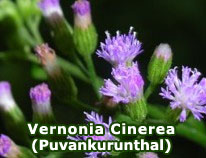
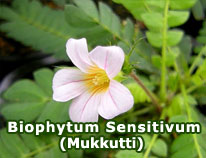
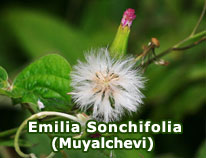
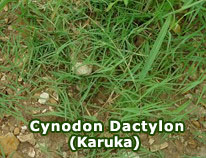
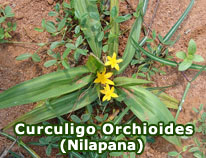
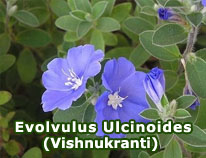
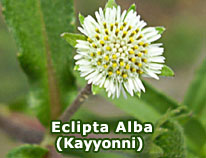
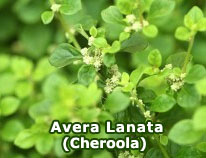
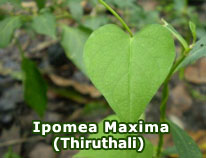
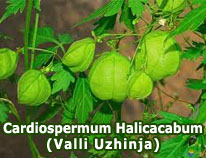
 Loading ...
Loading ...





